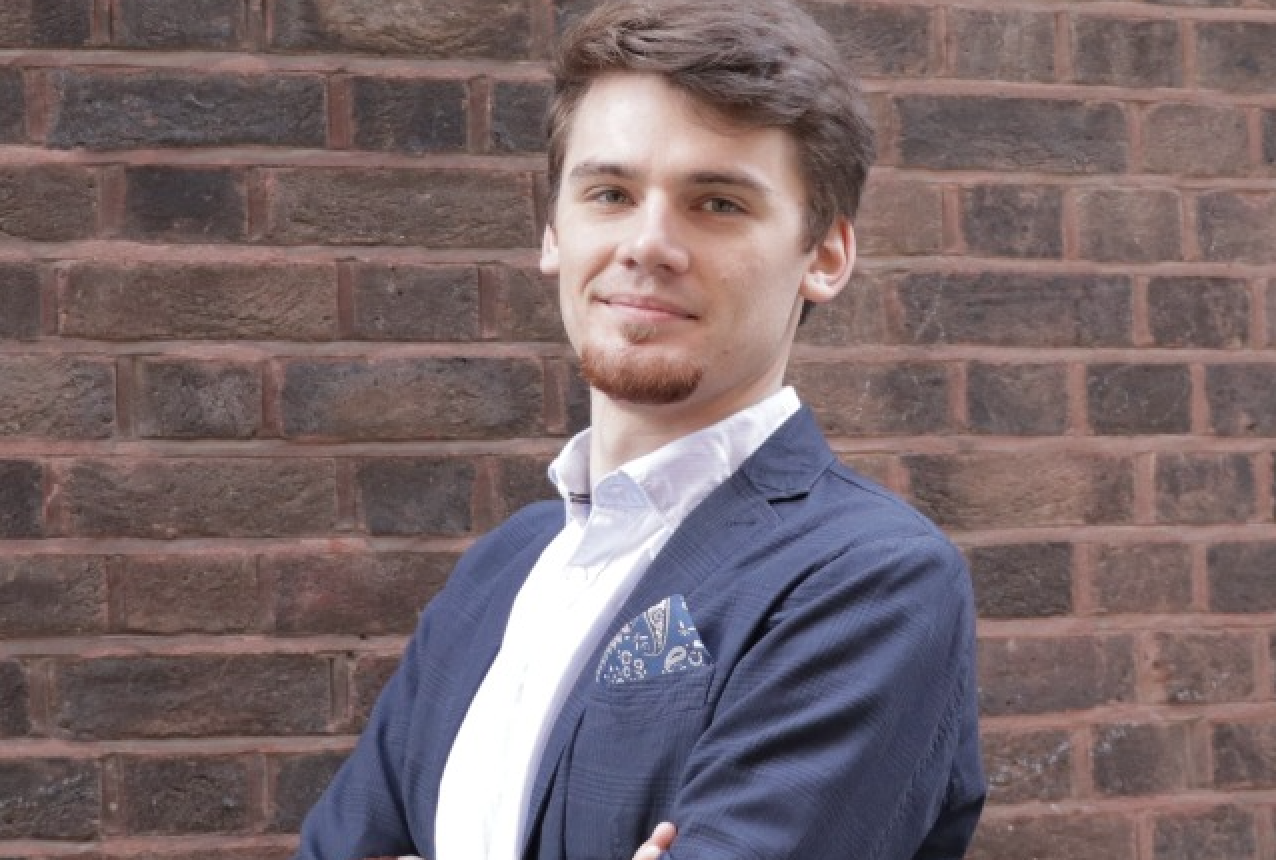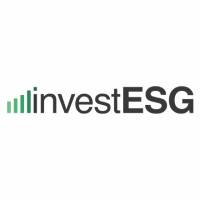Impact Investing: Challenges and Opportunities for Institutional Investors | Fabian Scholda

© Anjelo Leeson
INSIGHT by Fabian Scholda, researcher at the Competence Center for Nonprofit Organizations and Social Entrepreneurship at WU ‘Impact investments’ in social projects and especially in social enterprises are often said to revolutionize the financing of social services and according to some the financial market altogether. The term itself describes an investment process, where an investor invests capital with the intention to create measurable social value on top of financial return. The argument goes that by investing in impactful organizations, measurable positive social effects can be generated for society, often even with lower risk for investors than through traditional investments. The development of new concepts and social innovations in civil society, such as social entrepreneurship, as well as the trend towards a green and sustainable future in line with the UNs’ Sustainable Development Goals, adds to the momentum of change this creates. Nonetheless, for most investors getting started as impact investors is all but trivial and comes with complex barriers. At the same time, unlike for most investors, it presents a unique opportunity for institutional investors.
With all that said, what is so difficult about impact investing, that despite promising all that it does, it is still a niche? Essentially, the major barrier is the very same factor that makes impact investing unique among a variety of concepts in social finance, including mission investing or venture philanthropy: impact measurement.Impact investing at its core promises measurable social impact alongside financial returns. While financial returns are fairly easy to track, social impact is much harder to put into numbers; and even if one can put a number to the social impact achieved or achievable by one investment, they struggle to compare it to other impact investments. There is a long and constantly growing list of tools and metrics in use, most either too complex (hence expensive) to apply or not specific enough to grasp the social impact achieved by some investment opportunities. However, a look towards more experienced institutional impact investors, such as development banks, who have invested in impact long before the term was coined, reveals that it is possible to assess and track impact even across a differentiated portfolio. The methods development banks use are far from perfect and will likely see constant improvement over the coming years - but they provide a starting point.And yet, perhaps the even bigger problem for potential new impact investors is precisely that – getting started. With measuring impact already being a challenge, estimating the potential social impact of a project before making an investment decision is even more difficult. Especially when doing it for the first time and with no experience to go on. For most institutional investors this means taking a risk they cannot calculate and essentially a venture into the unknown. Arguably, this does not provide a very convincing starting point to explore a new market. Unless, of course, this market comes with opportunities that outweigh the risks. Which in the case of impact investing may just be the case for institutional investors.
It is worth keeping in mind that the barriers connected to impact measurement apply to all potential impact investors to a similar extent. The opportunities impact investing offers, on the other hand, are far more applicable to institutional investors.For a start, if one can overcome the problem of measurement it is more likely to be larger institutions who have the resources to develop functioning measurement tools. Take said development banks as an example. However, there are also more market driven reasons why impact investing provides an opportunity for institutional investors. A growing number of private individuals are interested in what impact their investments – or wherever they ‘park’ their money - have on the world they live in. Many of them ‘Millenials’ currently entering the job market, they will soon be looking for ways to invest their money in what they consider fair and sustainable. Be it in the choice of their bank, life insurance, or when looking for a fund to invest in, younger generations increasingly worry about the impact of their money more than the interest rate. That said, the majority neither have knowledge of financial markets, nor are they particularly interested in investing much time on managing their money. Therefore, they require intermediaries managing their money for them. So far, for many the only option have been funds branded as ‘green’ and ‘sustainable’. Those funds usually avoid or limit negative effects, effectively doing less of what is bad. Yet they are not concerned with proactively generating positive social impact. Any investment opportunity offering any kind of measurable positive social impact would be an appealing alternative to a growing market of millennial investors as well as individuals from older generations who slowly develop similar interests in their money’s impact. Whether one cares about sustainability and social impact or not, this market offers an opportunity worth exploring.Institutional investors are in the unique position to act as both impact investors and intermediaries. With interest rates as low as they currently are, markets are transforming and institutional investors have to find new ways to attract and keep new customers. Venturing into the unknown as an investor may be risky but it allows institutional investors to learn and build up know how and credibility on impact investing now; and in a few years the pioneers of today will be able to take on the role as intermediary for millennial investors and many more in a market ripe for change.
brief bio
Fabian Scholda is researcher at the Competence Center for Nonprofit Organizations and Social Entrepreneurship at WU, where he conducts research on impact investing and social innovation. Fabian also works as business analyst and expert for social innovation at the Austrian Research Development Agency (FFG) where he is part of the team behind the programmes Impact Innovation and Social Crowdfunding.
Fabian studied International Management in Austria, Denmark and England. He was previously a researcher at London South Bank University and worked as a (social) entrepreneur in Seoul, Vienna and London. All opinions expressed are those of the author. investESG.eu is an independent and neutral platform dedicated to generating debate around ESG investing topics.

